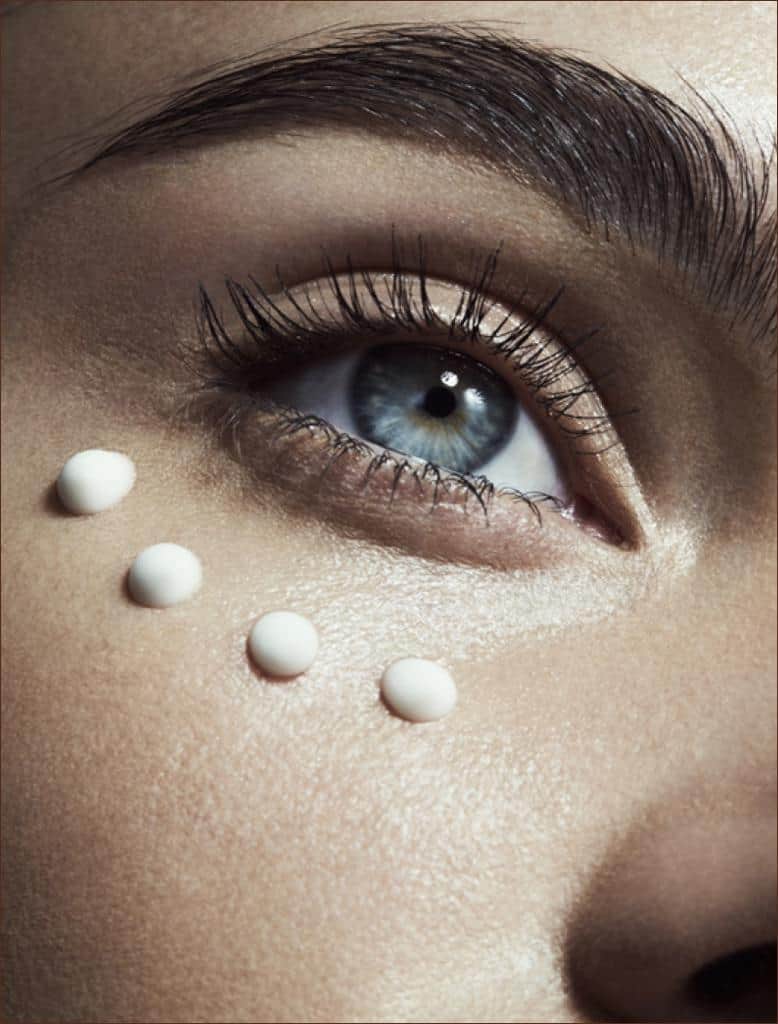"The Science Behind Dark Circles: Understanding the Causes and Treatment"

These under-eye discolorations often give a tired and aged appearance, affecting both men and women of different age groups. If you're seeking to understand the causes and Dark Circles Treatment , you've come to the right place. In this comprehensive article, we will delve into the science behind dark circles, exploring their various causes and providing insights into effective treatment methods.
What Causes Dark Circles?
Dark circles are typically caused by a combination of factors that contribute to the appearance of discoloration and shadows under the eyes.
1. Thin Under-Eye Skin
The skin around the eyes is considerably thinner and more delicate than the skin on the rest of the face. This thinness can make the blood vessels beneath the skin more visible, leading to the appearance of dark circles.
2. Pigmentation Irregularities
Uneven pigmentation can also contribute to the development of dark circles. Excessive melanin production or irregular distribution of pigment can cause the skin under the eyes to appear darker.
3. Loss of Volume and Collagen
As we age, the skin loses its elasticity and firmness due to a decline in collagen production. This loss of volume can result in a sunken appearance under the eyes, casting shadows that make dark circles more prominent.
4. Underlying Medical Conditions
Certain medical conditions can contribute to the development of dark circles. Conditions like allergies, sinus congestion, and thyroid disorders can cause blood vessels to dilate and result in the appearance of dark circles.
5. Lifestyle Factors
Several lifestyle factors can exacerbate the appearance of dark circles. These include:
- Lack of sleep: Insufficient sleep can lead to paler skin, making blood vessels more visible.
- Poor diet: Nutritional deficiencies, particularly iron deficiency, can contribute to the formation of dark circles.
- Excessive sun exposure: UV radiation can stimulate melanin production and darken the skin under the eyes.
- Smoking and alcohol consumption: Both smoking and excessive alcohol intake can cause blood vessels to dilate, leading to the appearance of dark circles.
Effective Treatment Options
Understanding the causes of dark circles is crucial for implementing effective treatment strategies. Here are some recommended approaches for addressing this concern:
1. Skincare Routine
Adopting a comprehensive skincare routine can help improve the appearance of dark circles. Look for products containing ingredients like vitamin C, retinol, kojic acid, and hyaluronic acid. These can help brighten the under-eye area, increase collagen production, and hydrate the skin.
2. Sun Protection
Shielding the delicate skin around the eyes from harmful UV rays is essential. Apply a broad-spectrum sunscreen with at least SPF 30 before sun exposure and wear sunglasses to minimize sun damage and pigmentation irregularities.
3. Healthy Lifestyle Habits
Maintaining a healthy lifestyle can have a positive impact on dark circles. Ensure you:
- Follow a balanced diet: Include nutrient-rich foods like fruits, vegetables, lean proteins, and whole grains in your diet.
- Stay hydrated: Drink an adequate amount of water daily to keep your skin hydrated and plump.
- Limit alcohol and tobacco consumption: Reduce or eliminate smoking and excessive alcohol intake.
4. Medical Treatments
In some cases, medical treatments may be necessary for more stubborn dark circles removal .These can include:
- Chemical peels: Chemical peels help exfoliate the skin and reduce pigmentation irregularities.
- Dermal fillers: Injectable fillers can restore volume to the under-eye area, reducing the appearance of shadows.
- Laser therapy: Laser treatments target melanin and stimulate collagen production, improving the overall texture and tone of the skin.
Final Thoughts
Understanding the science behind dark circles is essential for effective treatment and management. By addressing the underlying causes and adopting a holistic approach that combines skincare, sun protection, healthy lifestyle habits, and, if necessary, medical treatments, you can significantly reduce the appearance of dark circles and achieve a more youthful and refreshed look.Remember, while dark circles can be bothersome, it's important to embrace self-acceptance and prioritize self-care. If you're concerned about your dark circles or require personalized advice, consult with a dermatologist or skincare professional who can guide you on the most suitable treatment options for your specific needs.



